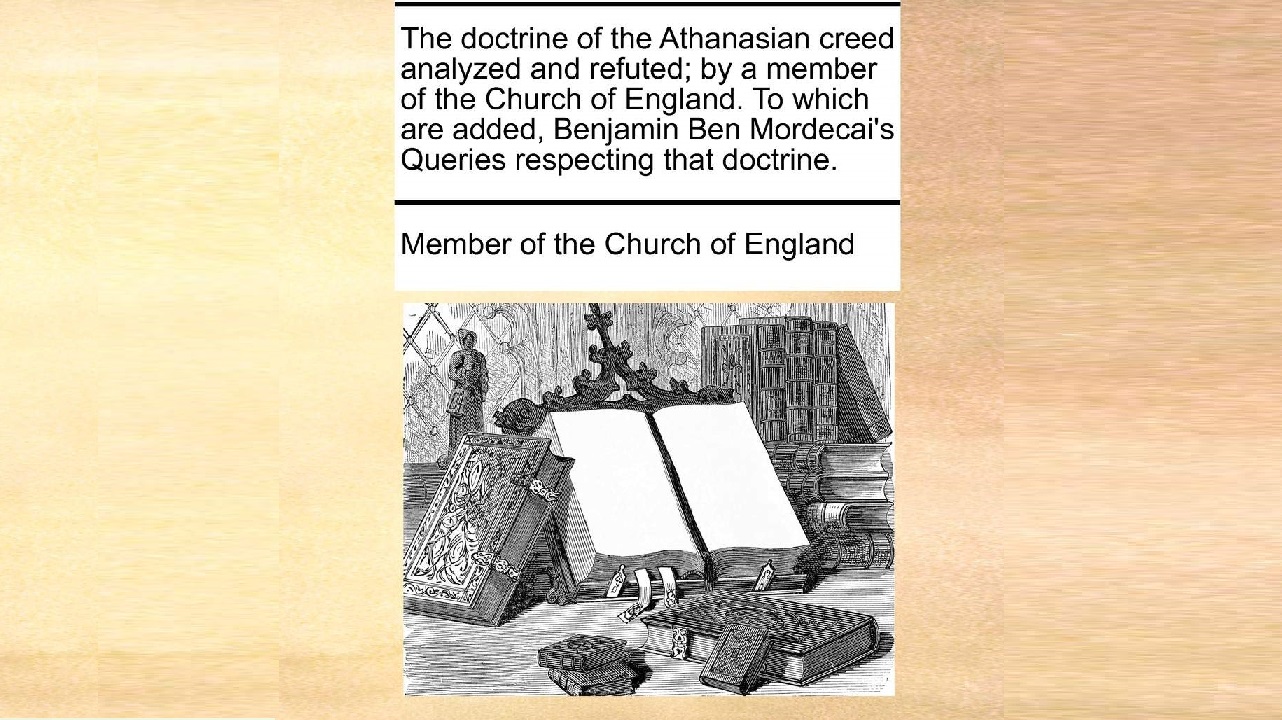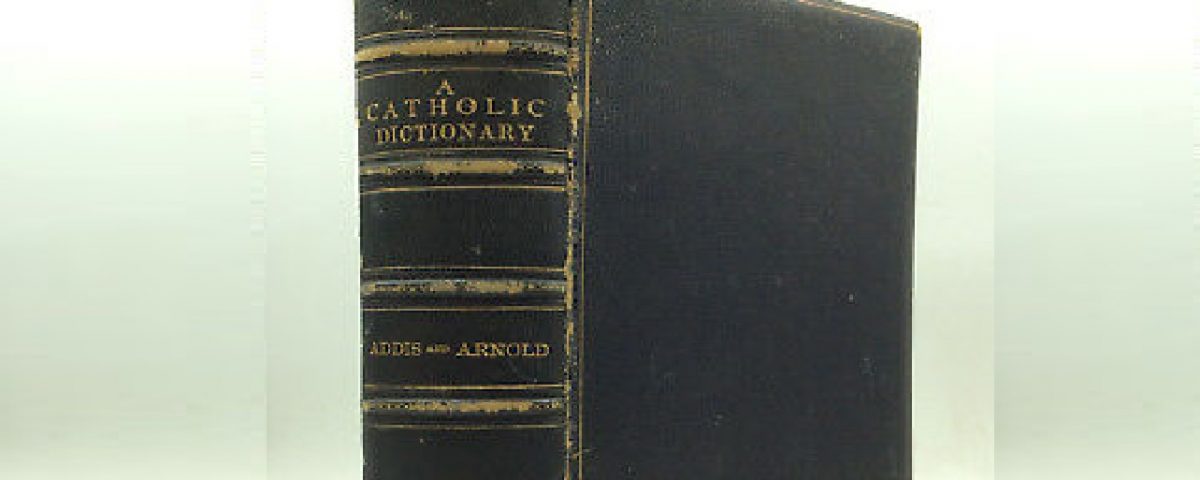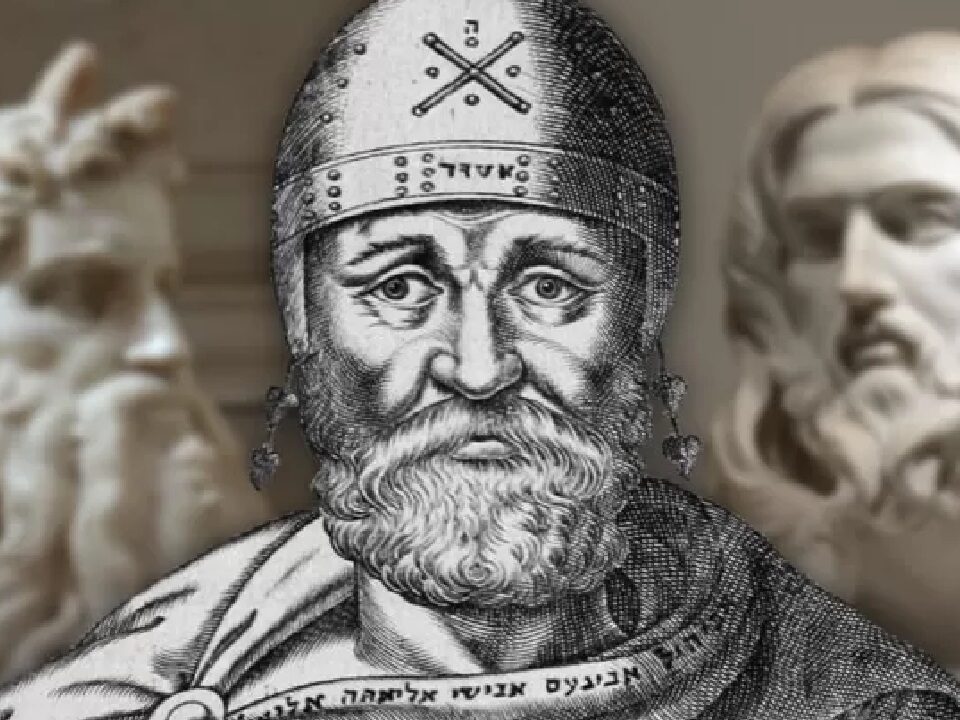
Yahweh is one Person not three!
October 15, 2020
The Doctrine of the Athanasian Creed Analyzed and Refuted
October 15, 2020The Son of God according to Church Fathers and Catholics

Street sign template with place for text. Blank road signs isolated on white background. Green arrow signposts in realistic style. Vector illustration EPS 10.
From A Catholic Dictionary by William Edward Addis, Thomas Arnold, 1884.
The personification of God’s word and wisdom in the OT brings us far closer to the doctrine of the Trinity [Job 28.12; Prov 8.9; Eccl 1.1-10]. It is of course, hard to draw a clear line between poetical personification and doctrinal statement of hypostatical existence. The beautiful passage in Job…are clear instances of the former. it’s often difficult to decuide whether the attributes ascribed to Wisdom answer most closely to those of the logos in the NT, or to those of the Holy Ghost. On the one hand, it is through her that all things are made; on the other, she dwells in the hearts of the just.
Ps 2.7 the sonship does not of itself imply divinity. Israel collectively was God’s firstborn (Ex 4.23), and Solomon as king of Israel was the Son of God (2 Sam 7.14). Sonship belongs to the people collectively or to their representative. In Ps 110.1 the word translated “Lord” (adoni not Adonai) is simply the common term for any lord or master (1Sam 22.12); and in 1Chron. 29.23, we read, “Solomon sat on the throne of Jehovah, as king.”
“This is the name which they shall call him, Jehovah-[is]-our justice,” says Jer 23.6, speaking of the Messias. Such a name does not necessarily imply divinity, and we must remember that the prophet says the city of Jerusalem will be called by the very same name.
Tertullian (“Adv. Prax.” 9) declares that the whole substance of the divinity is in the Father, a “portion” of it only in the Son.
Origen called the Son “a secondary honor” who is “different in essence” from the Father, the God of all (Cels. 7.57; De Orat. 15).
Theophilus (Ad Autol. 2.10), Justin (2 Apol. 6), Tatian (Orat. ad Graec. 5), Hyppolytus (Contr. Noct. 10), Tertullian (Adv. Prax. 5; Adv. Hermog. 3), Novatian (De Trin. 30), Lactantius (Instit. 2.9, 4.6) affirm the generation of the Son happened in time when He came forth from God, as a spoken word at creation.
All Catholic theologians are agreed that the existence of the Trinity cannot be proved by reason, and although they add that the doctrine is above, but not contrary to reason, still Billuart at least (“De Trin.” Proem. a. 4) admits that we cannot prove “positively and evidently” that the doctrine does not involve a contradiction.

